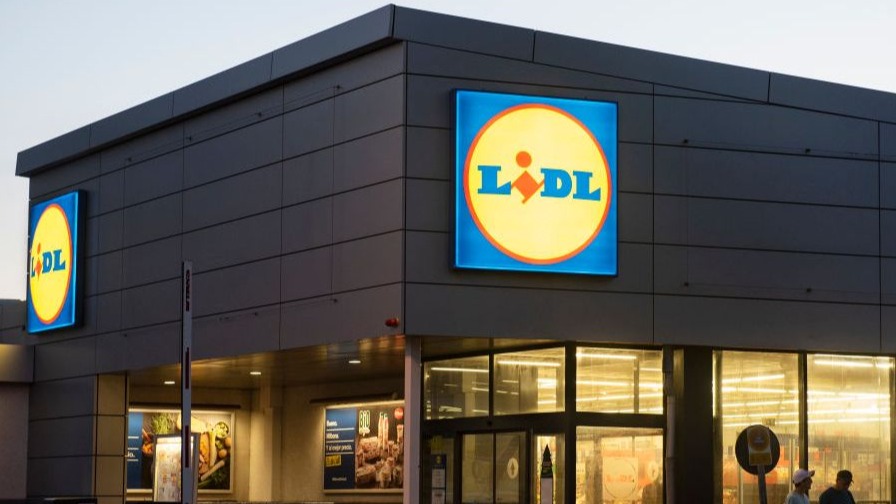India's largest retail distributor group has urged the country's antitrust watchdog to investigate three major quick commerce companies over allegations of predatory pricing practices.
The All India Consumer Products Distributors Federation (AICPDF), which represents 400,000 retail distributors of major consumer goods companies, has written to the Competition Commission of India (CCI) requesting an investigation into Blinkit, Swiggy Instamart, and Zepto.
In their letter dated 18 October, the federation accused the quick commerce platforms of offering deep discounts and selling products below cost to attract customers. The group expressed particular concern about consumer goods companies bypassing traditional distribution networks by dealing directly with these platforms.
The quick commerce sector, which promises deliveries within 10 minutes, has experienced rapid growth in India, with annual sales expected to surpass $6 billion this year. Market research firm Datum Intelligence reports that Blinkit holds nearly 40 per cent market share, while Swiggy and Zepto each command around 30 per cent.
"It impossible for traditional retailers to compete or survive," stated the AICPDF's letter to the CCI, urging the authority to "implement protective measures for traditional distributors and small retailers to safeguard their interests."
The complaint comes at a significant moment for the industry, with Swiggy preparing to launch its initial public offering worth over $1 billion in the coming weeks. Meanwhile, shares in Zomato, which owns Blinkit, have doubled in value this year, reflecting the sector's strong growth.
A government official, speaking anonymously as they were not authorised to comment publicly, confirmed that the CCI has the authority to initiate an investigation independently if it finds merit in the complaints.
The development follows a recent CCI investigation that found larger e-commerce players Amazon and Walmart's Flipkart had allegedly breached local laws through predatory pricing, though both companies deny these allegations.
The federation's membership includes distributors for major brands such as Nestle and Hindustan Unilever. Neither the quick commerce companies named in the complaint nor the CCI have responded to requests for comment on the matter.
The traditional retail sector's challenge to quick commerce platforms highlights the ongoing tension between conventional retail distribution methods and emerging digital business models in India's rapidly evolving retail landscape.
Latest News
-
Tesco makes ‘significant strides’ on safety through body worn cameras
-
Flying Tiger Copenhagen appoints new group chief executive
-
Walgreens cuts over 600 jobs after buyout
-
Mango opens first store in Limerick as part of expansion plan
-
eBay and Etsy to buy Depop for $1.2bn
-
REWE opens automated fresh food facility to serve Berlin outlets
Beyond Channels: Redefining retail with Unified Commerce
This Retail Systems fireside chat with Nikki Baird, Vice President, Strategy & Product at Aptos will explore how unified commerce strategies enable retailers to tear down these barriers and unlock new levels of operational agility and customer satisfaction.
The future of self-checkout: Building a system that works for consumers and retailers
In this webinar, industry leaders discussed what the future of self-checkout looks like and how retailers can make the technology work for everyone.
© 2024 Perspective Publishing Privacy & Cookies









Recent Stories